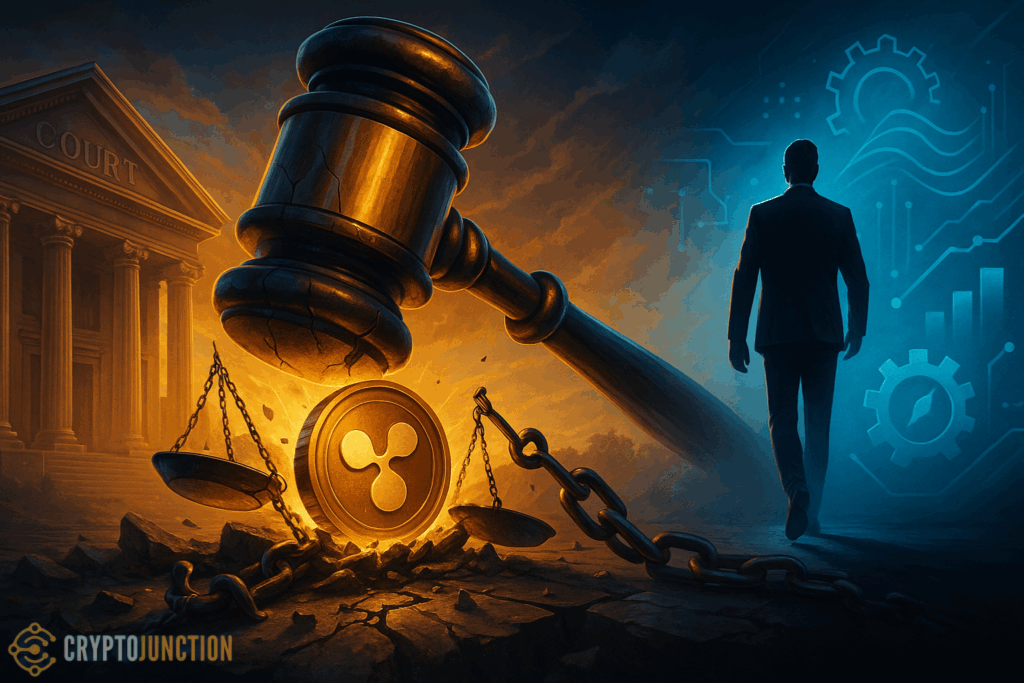Ripple CEO Brad Garlinghouse reports that the company is out of the courtroom in their long term public dispute with the U.S. Securities and Exchange Commission. On June 27th, Garlinghouse reported that Ripple will be forgoing its cross appeal. This, in turn, marks the close of what many consider the most significant regulatory case in the crypto space.
This in the wake of Judge Analisa Torres’ decision to turn down a joint petition from both sides which asked for a change in her former ruling. The court issued a $125 million civil penalty against Ripple. It also passed a permanent injunction which puts a stop to institutional XRP sales.
This chapter, Garlinghouse posted on X that Ripple is turning from litigation to innovation. The case has seen us put over $150 million into legal expenses. Ripple’s CEO emphasized that this is what is prompting this strategic shift toward certainty and business growth.
XRP Gains Regulatory Clarity
XRP’s issue with public exchanges was that they did not classify as securities. However, in the case of institutional sales, that was not the issue.
By going forward with the appeal drop Ripple is to maintain XRP for retail use. Chief Legal Officer Stuart Alderoty reported that XRP’s security status is the same. Legal professionals report Ripple is still to register with the SEC for institutional sales.
At the same time XRP saw a rise of 3%. It hit $2.19 soon after the news broke. At present institutional and corporate entities hold over $470 million of XRP which is a sign of growing confidence.
Lawyer Bill Morgan reports that Ripple had in fact prepared for the permanent issue of the injunction. It had changed its institutional strategy to boot. This also had a compliance first approach put the company in position for continuous growth, which was advocated by Ripple’s CEO.
Ripple CEO’s Departure May Spark SEC Reaction
Garlinghouse also reported that the SEC may put forward to give up its appeal to do so very soon. Experts, including Fred Rispoli, report that the SEC and Ripple had informal coordination between them. This also includes plans for a graceful exit.
This break out from traditional structure opens the door for XRP to become an ETF. With retail XRP no longer classified as a security investment product, the case for an ETF is strong. This is particularly true with the recent approval of Bitcoin and Ethereum ETFs.
Ripple has hit a legal clarity turning point. Ripple’s CEO has put all of its effort into cross border payment solutions, strategic acquisitions, and institutional partnerships. This includes its recent $1.25 billion buy of Hidden Road. As Garlinghouse so put it, Ripple’s next goal is to create the Internet of Value, without a court case in sight.

